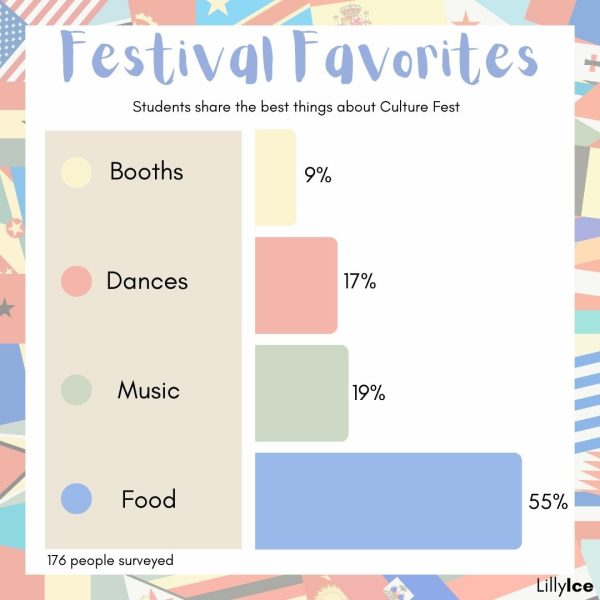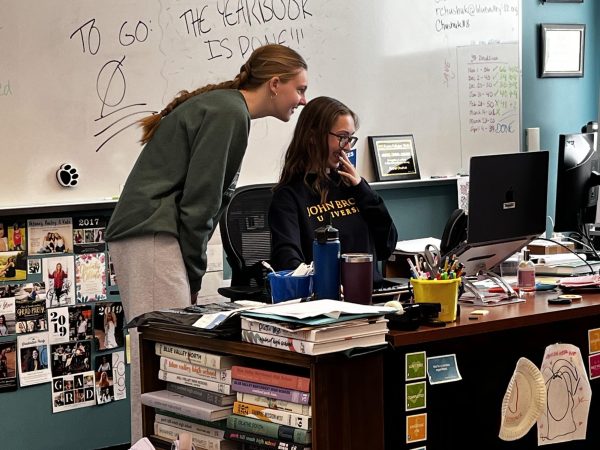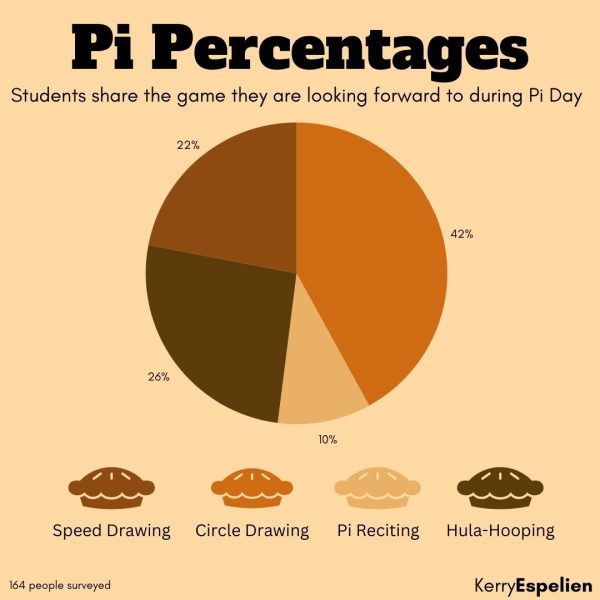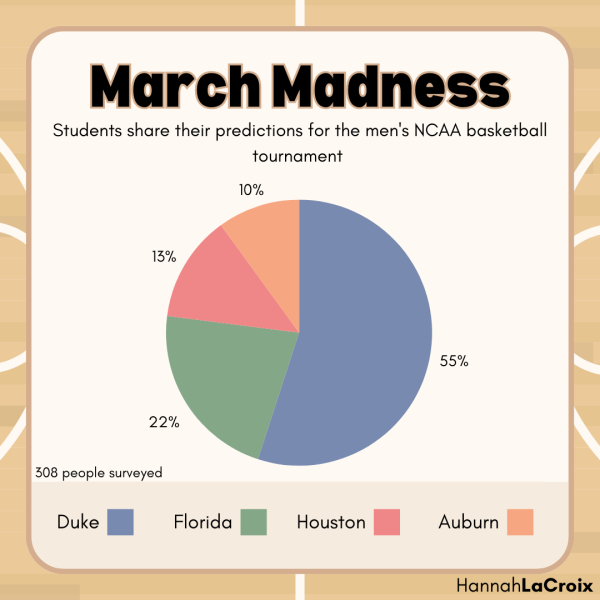Phone Dilemma: Students and staff discuss the school’s current phone policy
Texting, Snapchatting, scrolling through Instagram and playing games; things students say they can’t live without. They enjoy the adrenaline rush when they get a response or a like. Phones are constantly on in classrooms, hallways and flex spaces, and they are always connecting people. Student council has now been tasked with making a policy for the whole school.
Sophomore Jalyn Dunlap said she gets distracted and tends to look at her phone a lot during class but rarely receives consequences. However, Dunlap said she sees advantages and disadvantages to having a cell phone in school.
“It’s easier for teachers to put assignments online onto Canvas but then there’s a slight disadvantage because they don’t use their time wisely on their phones,” Dunlap said.
Many classes completely eliminate phone usage from the classroom. Senior Rachel Kelly said some classes don’t hesitate when enforcing strict phone policies.
“I haven’t had it physically taken away,” Kelley said. “But in some foreign language classes sometimes they make all of us put our phones away if someone has it out during class as punishment for all of us.”
Though the policies may seem strict, English teacher Storm Shaw said these policies are in place to eliminate dissociations in class.
“I do notice a lack of basic social skills,” Shaw said. “It really comes down to the listening and speaking quality of the conversation. When interacting with students, sometimes I don’t feel that the student is actually listening in order to, then, contribute back to the conversation. Sometimes it’s like, ‘Ok, I heard you and now our conversation goes this way — entirely unrelated.’”
The creation and mass distribution of cell phones is still a fairly new concept, and as more and more people own a certain device, Dunlap said the appropriate times for using them are still under question. She said she sees both sides of the cell phone usage argument in schools.
“Sometimes kids don’t do what they’re supposed to do on their phones,” Dunlap said. “[They] goof off and get on social media … But also it’s a good way to access books, Canvas and assignments.”
Many teachers encourage students to get textbook apps on their phones so if they have time to read or do homework it’s right there — at the tip of their fingers. While there are benefits for online classes and assignments, Kelley said there are a few problems that we all need to fix which can easily be done by using the phone wisely in class and learning something new.
“I think if teachers figure out a way to engage students, it could be a great way to increase learning and get people more excited to do assignments,” Kelley said.
Many of the classes have things to do online, but for classes like science or math paper and pencil is a big part of the learning process. Kelley said it depends on the class for her; some are easier to do on the computer, others are not.
“Technology is a great tool but it sometimes it gets abused,” Kelley said. “I think that in high school there’s not a ton of regulations for when people are on their phone so it can be a distraction.”

This is Olinger's second year on the Standard. She has absolutely loved being apart of the newspaper and has been since august, 2016. She won second place...






